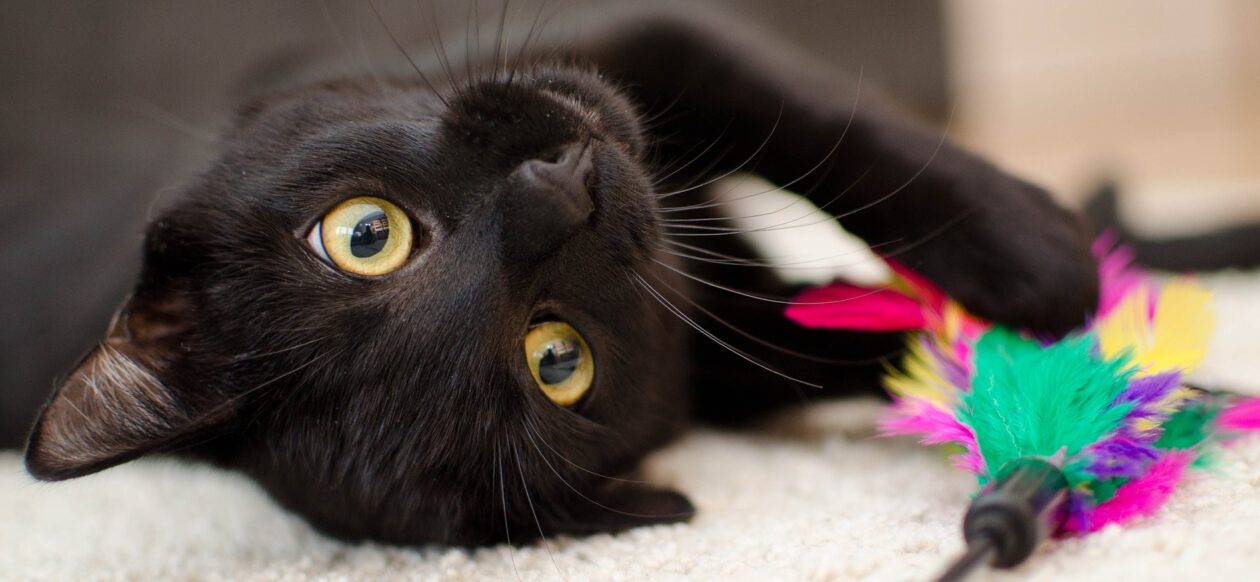Probiotics are the “friendly” desirable bacteria that boost digestion, build a healthy digestive/intestinal and immune system, and reduce the harmful bacteria and organisms that can invade the body and cause infections and disease. Probiotics work to enhance the right balance of GI bacteria.
I have learned through my two cats with Inflammatory Bowel Disease (IBD), that probiotics given daily in their food really helps to strengthen and build their intestinal tract and reduce the symptoms and suffering caused by IBD. In cats, IBD is caused by intestinal disorders that increase inflammation in the lining of the digestive tract. Food sensitivities and allergies can contribute to IBD, and chronic diarrhea and/or vomiting are typical symptoms that result in the inflammation and scar tissue in the lining of the intestines.
Who Needs Probiotics?
Not all cats need probiotics, but if your cat has loose or smelly stools, chronic diarrhea, lots of gas, is taking steroids for prolonged periods of time for a chronic medical issue, or is on antibiotics for an infection—probiotics can help get their intestinal and digestive system health back on track and ease any suffering they might feel.
Continue reading Probiotics for Cats Helps Build a Healthy Digestive System













